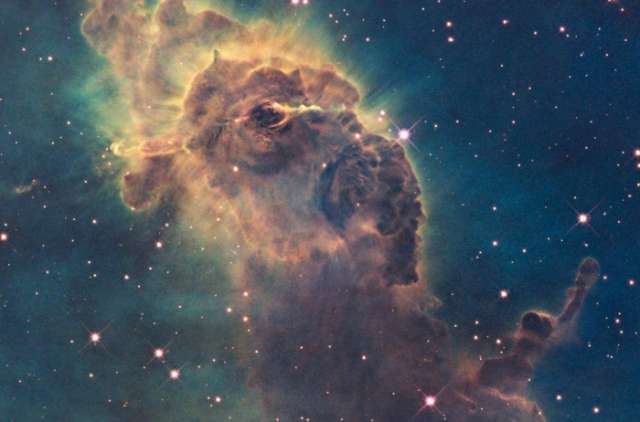The ambitious mission would require a craft that would need to travel at a minimum of 10 per cent of the speed of light.
The Alpha Centauri constellation is 4.4 light years away, and even if a record-breaking tenth of the speed of light could be achieved, the system would still be a 44-year trip, reaching our nearest neighbour by 2113.
“It’s very nebulous,” Anthony Freeman, at Nasa’s Jet Propulsion Laboratory (JPL), told the New Scientist.
Nasa is said to be considering sending tiny probes powered by lasers which in theory may be able to reach a quarter of the speed of light. Other techniques under consideration include harnessing nuclear reactions, or through collisions between antimatter and matter, the magazine reported.
There is already a known exoplanet in the Alpha Centauri star system, Proxima Centauri b, which orbits a red dwarf star. However, it has not been considered a perfect location for finding alien life, as the star throws out bursts of radiation that make the conditions inhospitable.
So far humans have only made one spacecraft that has successfully left our solar system – the Voyager 1 craft, which was launched in 1977 and despite the limitations of the technology it was equipped with, provided astonishing new insights into the planets and moons within our own solar system. However, it was never designed to be an interstellar craft.
Voyager 1 is currently 11.7 billion miles from Earth, and is trundling along at just 38,000 mph (61,000kmh), less than 1 per cent of the speed of light.
Nasa’s announcement follows an admission from the former head of the Pentagon’s secret UFO-hunting bureau that he believes “we may not be alone”, and said he had seen compelling evidence” to support the idea of alien life.
On Monday, scientists revealed the first ever interstellar visitor to our solar system was wrapped in a layer of organic insulation.
Oumuamua has enthralled astronomers and the public since it flew through the solar system in October.
As the first alien rock to travel here from another star, it was immediately recognised as highly unusual – but as scientists learn more about the object, they are discovering how strange it actually is.
More about: #oil-price
















































